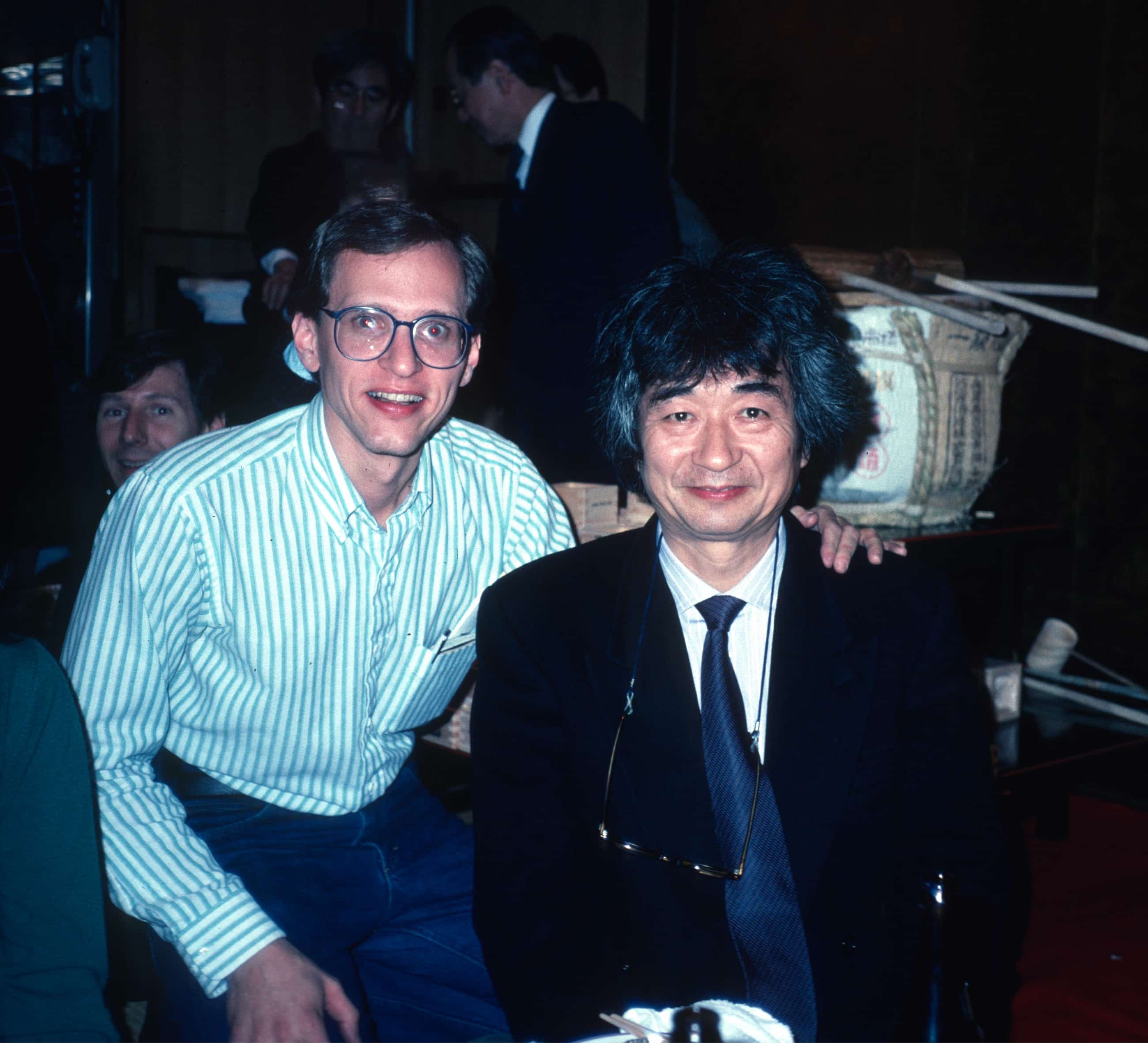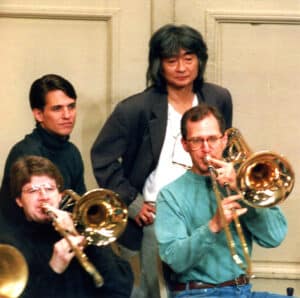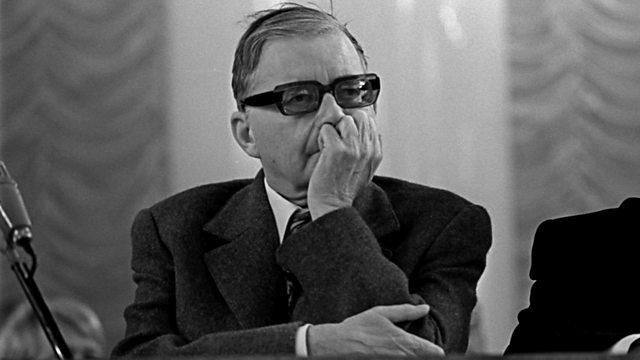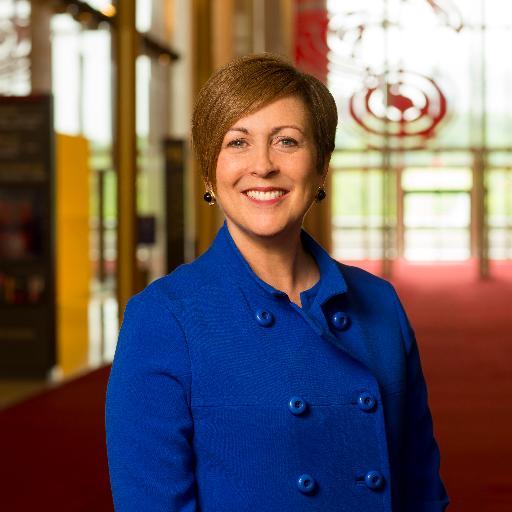A Boston player remembers life with Seiji
OrchestrasBSO bass trombonist Douglas Yeo has shared with us some intimate memories of the late music director:
I arrived at my office at University of Illinois Urbana-Champaign at 7:00 am to get ready for a full day of teaching. As is my habit before taking out my trombone and warming up, I opened my laptop, quickly checked my email, and scanned the morning’s news headlines where I read an announcement that conductor Seiji Ozawa had died on Tuesday, February 6, at the age of 88.
I burst into tears and cried like a baby.
Seiji Ozawa hired me into the Boston Symphony Orchestra in 1985. At age 29, I joined the BSO for a career that extended until 2012, 27 years of memorable music making and other wonderful experiences. Seiji was music director of the BSO from 1973 to 2002, and his death brings back unforgettable memories of the intersection of our lives. Here is the Seiji Ozawa I knew and will always remember…
The audition was held in Spring 1984 and at the end of the day, I was the last candidate standing. But I was not offered the position. Seiji told me he liked my playing very much but he would like me to make some small changes to my sound and approach. There would be another audition later in the year but in the meantime, he asked me to come to Tanglewood, the summer home of the Boston Symphony Orchestra, to play two weeks of concerts, then go to Europe with the BSO for three weeks, and then return to Boston to make a recording of Richard Strauss’ Don Quixote with Yo-Yo Ma as soloist. I was thrilled to accept the offer of weeks to play with the BSO. Those weeks at Tanglewood, in Europe, and in Boston were unforgettable. Symphony No. 2 of Gustav Mahler with Jessye Norman as soloist, Don Quixote and the Dvorak Cello Concerto with Yo-Yo. Dvorak Symphony No. 9 and Shostakovich Symphony No. 10, and more.
I returned home to Baltimore and at a second audition in December 1984, I won the bass trombone position with the Boston Symphony Orchestra and began my tenure there in May 1985.
Thus began my remarkable adventure as a member of the Boston Symphony Orchestra. It was electrifying to sit under Seiji’s baton. Yes, we all called him Seiji. Not maestro, not Mr. Ozawa. Seiji saw the BSO as a family. He cared deeply about the orchestra, the institution, its history, and its members. Seiji was so much more than a superb musician. He cared. He cared so much about so many things. And he loved Boston. Unlike so many music directors today, Seiji was deeply involved in the city of Boston, and Tanglewood was his happy place.
Seiji Ozawa was a truly great artist, musician, conductor. We all knew it; the world knew it. But for me, his musical persona was secondary to the fact that he was a genuine, caring human being. He loved the Boston Symphony Orchestra and its players. He showed this over and over. I had many personal encounters with Seiji, memorable moments that are frozen in time, so indelibly imprinted in my mind. One of the most significant is from the summer of 1989 when my oldest daughter, Linda, and I were in a horrific car accident at Tanglewood (a fuel oil truck sped through a red light and hit us broadside; we never saw it coming). Linda and I were taken by ambulance to the hospital; she was seriously injured and was in a coma. At first it was touch and go whether or not Linda would live but we prayed and prayed and prayed. The day after the accident, Seiji came to the hospital to visit our family. He had no entourage; he came without an announcement. He didn’t come as my boss, as “Music Director of the Boston Symphony Orchestra.” There were no cameras or microphones around. He came as the father of two children of his own who was visiting a friend whose daughter was profoundly injured. Seiji and I hugged and cried. We walked into the intensive care unit together to see Linda; Seiji was shaken. Fortunately, God gave us a miracle and Linda recovered—today she is a fine bass trombonist and music teacher, and the mother of our grandchildren—to see her now is a testament to God’s mercy, grace, and healing power. And Seiji’s visit—a visit that came with no fanfare—remains in my mind as I remember him as not only a great musician, but as a caring person….
I also remember many conversations I had with Seiji about God and faith. When we met and spoke in private, he opened up about many things. Seiji’s mother was a Christian; his father was Buddhist. In a conversation, he told me that the first Western music he ever heard was his mother singing to him, in English, the old African-American spiritual, “Nobody knows the trouble I’ve seen, nobody knows but Jesus.” When asked in an interview what he thought was the most important piece of classical music ever written, Seiji said—without hesitation—”The Bach Saint Matthew Passion.”
More here.







Comments